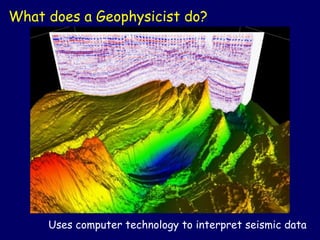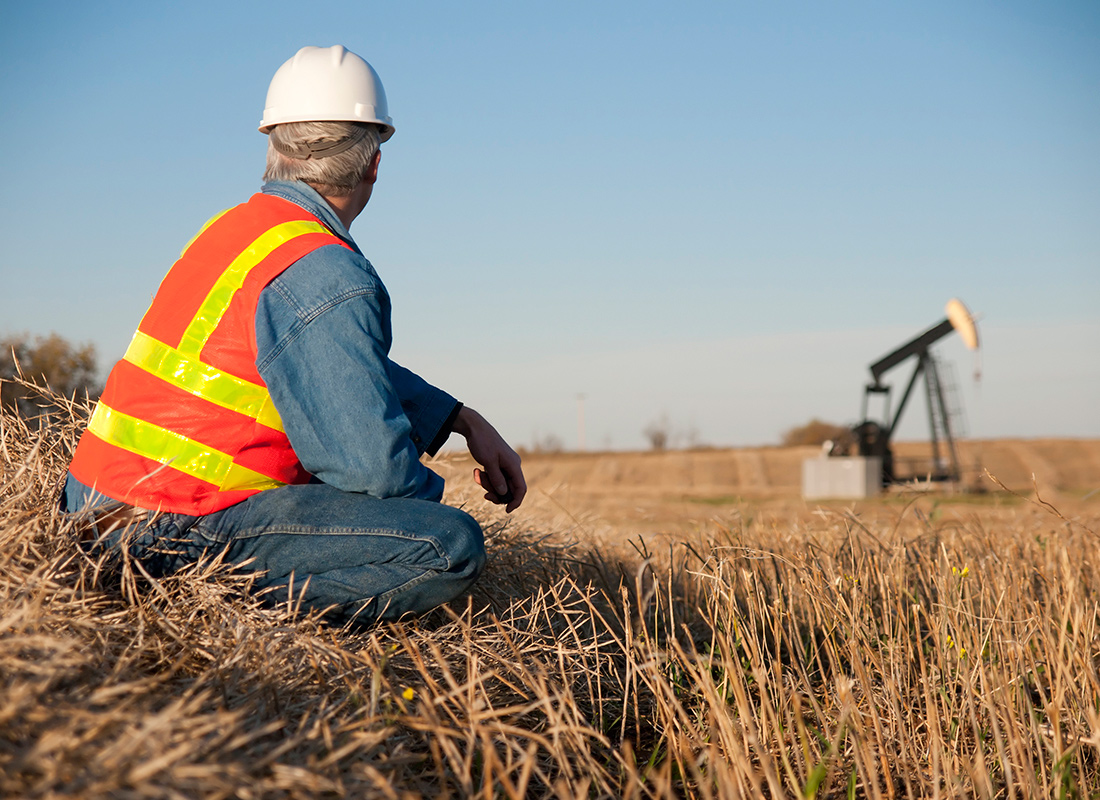All Categories
Featured
Table of Contents
Geophysical Survey Services in Mundaring Oz 2020
This work is increasingly contracted out, so consultancies provide another source of employment. Consultancy companies differ in size, from extremely little business to large multinationals. Some consultancies are quite specialised in using specific geophysical methods or operating in specific places, while others offer a more diverse series of services to their clients.
The extraction of gas from landfill websites is another location of work and this may grow in the future. Expedition companies may undertake work for construction companies, public utility, mining business and ecological firms, so geophysicists might be employed in any of these settings. Other companies include: geological surveysgovernment bodies and agenciesuniversities and research institutes.


Vacancies may be listed in the oil and gas sector press. Recruitment is affected by oil cost changes and the level of competitors for positions differs depending on this. Professions Days, which cover the complete series of geoscience careers and are usually gone to by a variety of key market employers, are run by The Geological Society.
What Is Geophysics? in Como Oz 2022
A few of the big oil and gas business provide a full two-year structured training program across the breadth of geophysics, consisting of the chance to experience work in different teams before specialising in one area. Your training might consist of work on: existing wellsmagnetic and gravitational potential field data analysisresearchrock analysis. However, it's more usual for your initial training to be supplied on the job.

There may be a probationary duration during which you work together with an experienced associate. Competency-based appraisals happen frequently in the majority of companies. In smaller sized firms, and for academic posts, there is not likely to be any official training - you'll be anticipated to begin work straightaway and choose up skills as you go along.
If you work for a smaller company, you may discover that you require to take obligation for setting up and funding your own development and training. If you have a geology degree, subscription of The Geological Society can be useful for networking and for keeping up to date with the industry.
Geological And Geophysical (G&g) Surveys in Como Oz 2020
You may also find it helpful to join the PESGB (The Petroleum Expedition Society of Great Britain, which has a geophysics unique interest group. After a probationary duration, and once you have actually acquired some experience, you could progress to senior geophysicist, then group leader and then into a senior role in management.
The ease of movement between roles depends on the company structure. Research study at Masters or Ph, D level in a subject related to geophysics or geosciences may aid with your profession development and progression. The employment market within the oil and gas industry is very reliant on rate and this may affect your opportunities for profession progression.
For knowledgeable geophysicists, freelance consultancy uses a good route for profession development. As a geophysicist, you're likely to have numerous tasks throughout your working life.
5 Surface Geophysics in Pearsall WA 2022
From geophysics, it's possible to focus on seismology (finishing further training to end up being a seismic interpreter) or to move into associated areas such as engineering geology or risk prediction.
Choosing what to study in college is a tough choice. Even if you understand that your field of interest lies in science, what program of research study is ideal for you? If you make the choice to major in physical and biological sciences and pursue a career as a geophysicist, you're getting ready for an interesting and successful occupation.
However the primary step to achieving your goal of becoming a geophysicist is making a degree. Even for entry-level positions in the field of geoscience, you'll need a bachelor's degree (a geophysicist college degree) from an accredited college or university. Some research positions need candidates to hold master's degrees or perhaps Ph.
Geophysical Surveying - Methods And Applications in Wellard Australia 2020
Doctoral degrees are particularly crucial if you plan to teach at a four-year organization. Geophysicists use physics ideas and strategies to study the gravitational, magnetic, and electric fields of the earth. This enhances researchers' understanding of both the world's interior core and its surface. Geophysicists should have the ability to: evaluate rocks, photographs, and other pieces of information carry out research study both in the field and in labs create maps and charts of their findings compose reports To accomplish all this, students require a specialized education for geophysicist professions.
As specified above, you'll need a bachelor's degree in geoscience or an associated discipline, such as a physical science or a natural science, to land an entry-level job. However trainees can also prepare by majoring in topics like: Biology Chemistry Computer technology Engineering Mathematics Physics The above geophysicist majors offer a more generalized approach to a single clinical discipline, but a lot of programs need trainees to take several geology course.
Table of Contents
Latest Posts
What Are Geophysical Surveys & Why Do They Matter in Parkwood WA 2023
Geophysical Methods in Merriwa Western Australia 2021
Geophysicist: Job Description, Duties And Requirements in Western Australia 2022
More
Latest Posts
What Are Geophysical Surveys & Why Do They Matter in Parkwood WA 2023
Geophysical Methods in Merriwa Western Australia 2021
Geophysicist: Job Description, Duties And Requirements in Western Australia 2022